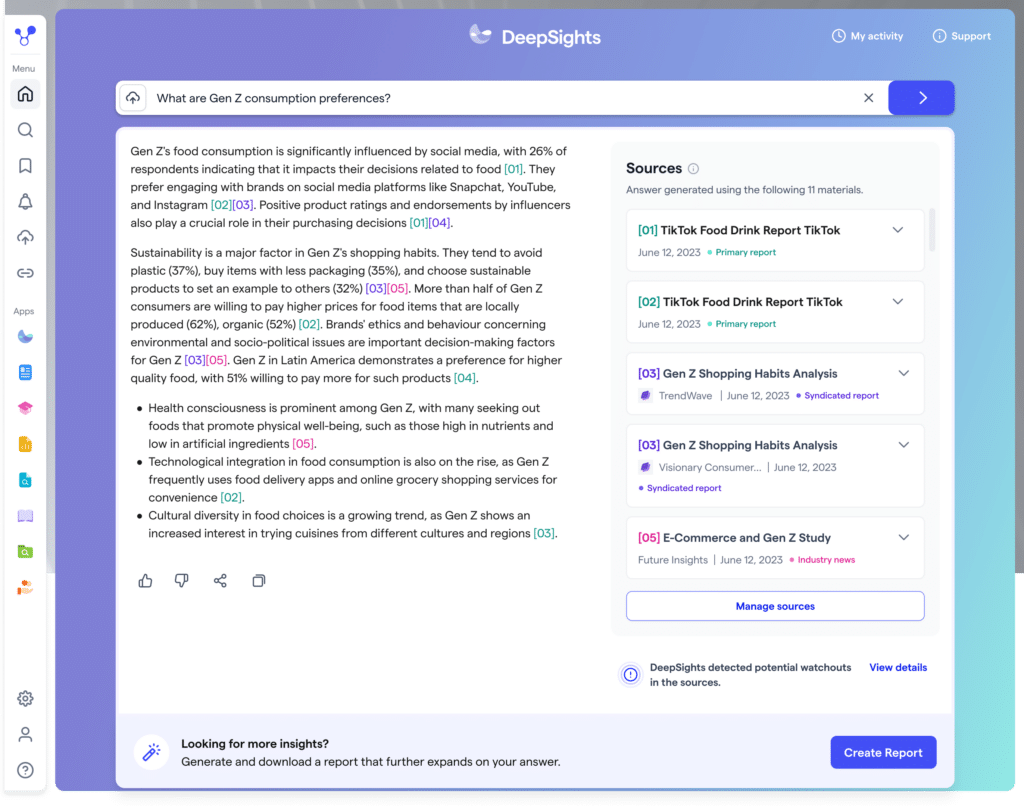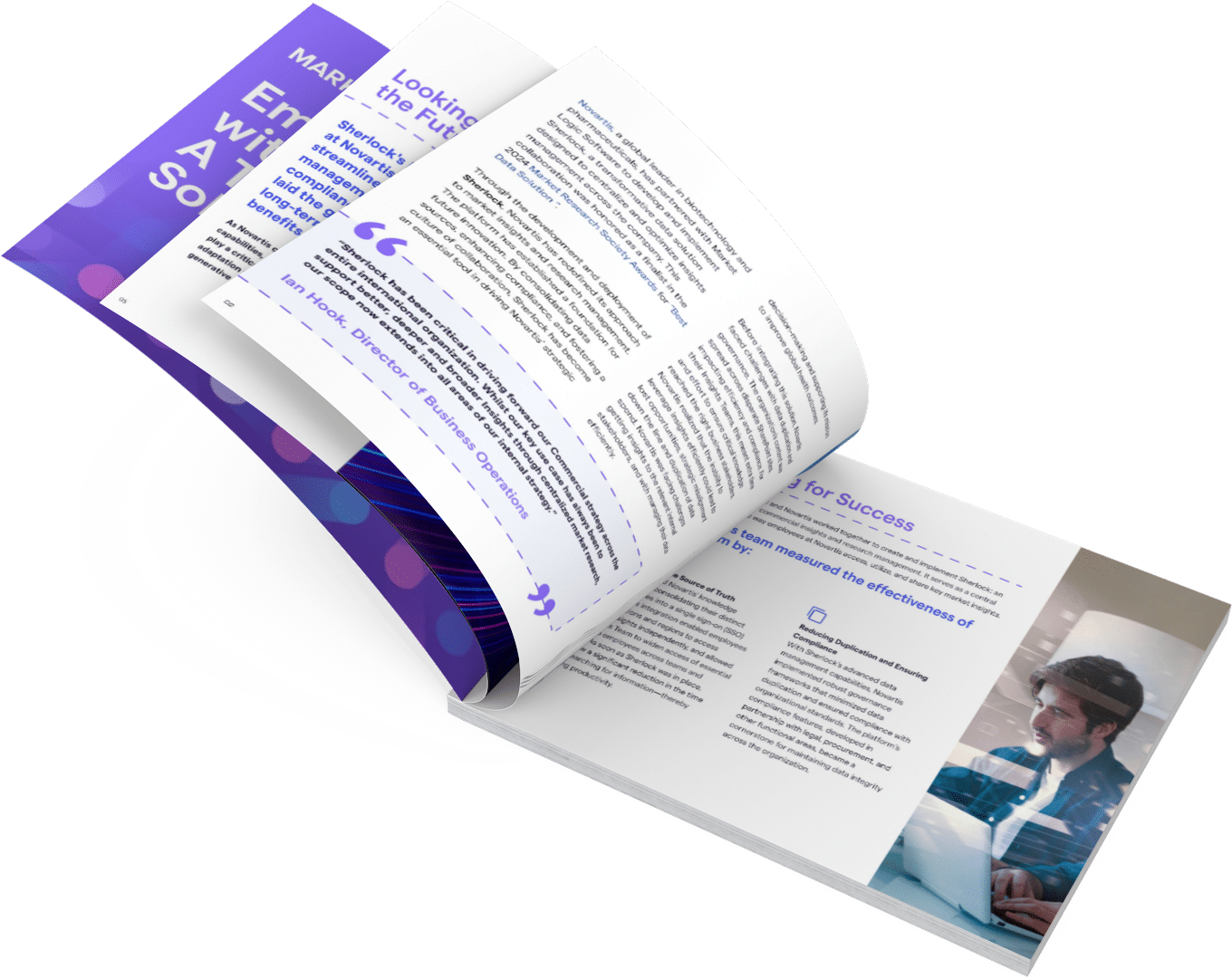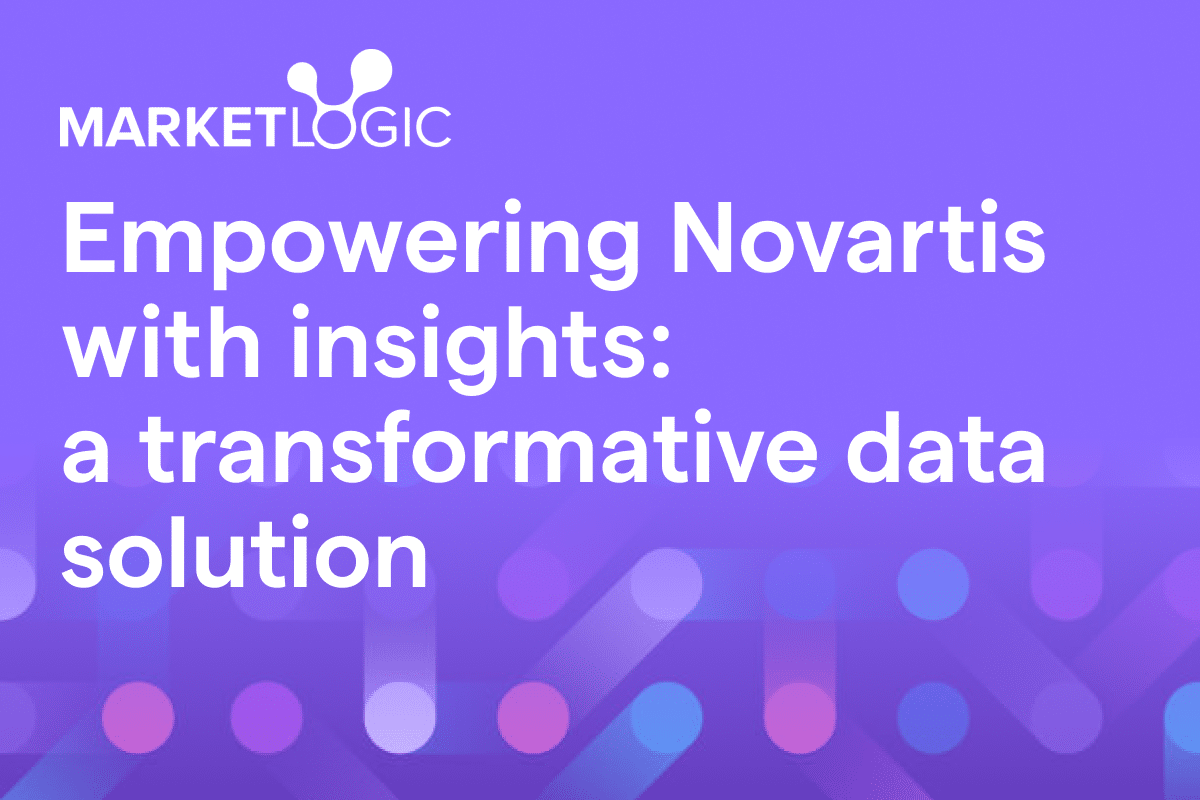Artificial Intelligence in Healthcare knowledge management represents a transformative approach to how medical knowledge is captured, organized, analyzed, and disseminated throughout healthcare organizations. These sophisticated systems provide much more than simple data storage, as they actively process and connect information from diverse sources such as patient records, clinical trials, medical literature, and real-world evidence. By leveraging AI capabilities, healthcare knowledge management systems can identify patterns, generate insights, and support evidence-based decision-making in ways that traditional knowledge management tools cannot achieve.
The potential benefits of AI in healthcare knowledge management are substantial and far-reaching, especially regarding the challenges in Pharmaceutical and Healthcare market research. Similar to the efficiency gains seen in other sectors, AI-powered knowledge management systems can significantly reduce the time spent searching for information. For example, DeepSights has demonstrated up to a 60% reduction in search time, freeing up valuable resources.

For clinicians, this translates to immediate access to relevant medical knowledge at the point of care, enabling more informed clinical decision-making. Researchers also benefit from advanced analytics that can identify patterns across vast datasets, accelerating the pace of medical science and innovation. Lastly, patients receive better care through more accurate diagnoses and personalized treatment recommendations based on a comprehensive analysis of medical histories and current best practices.
The regulatory landscape surrounding AI in healthcare knowledge management, however, is complex and multifaceted, significantly impacting how these systems are developed and implemented. AI Healthcare trends are in constant flux. Moreover, Healthcare organizations must navigate various overlapping regulations that govern everything from data privacy to clinical validation.
Below we’ll uncover how this regulatory framework ensures that while AI-powered knowledge management systems push the boundaries of what’s possible in modern healthcare, they do so in a way that protects patient safety, maintains privacy, and upholds the highest standards of medical practice.

Key regulatory areas and their impact on healthcare knowledge management
The healthcare sector relies heavily on effective knowledge management, and the introduction of AI has brought new regulatory considerations that healthcare organizations must address. These regulations shape how knowledge management systems are designed, implemented, and utilized in daily operations. Understanding these requirements is crucial for healthcare providers who seek to leverage AI while maintaining compliance and ensuring optimal outcomes for patient care.
Here’s an overview of the most crucial regulatory areas and how they impact healthcare knowledge management:
Data privacy and security
- The foundation of any healthcare knowledge management system rests on its ability to protect sensitive patient information while facilitating necessary access to clinical data. As healthcare organizations collect and analyze increasing volumes of patient data, they must navigate a complex web of privacy regulations and security requirements. The following key areas require particular attention in the development and implementation of AI-powered knowledge management systems:
- HIPAA, GDPR, CCPA, etc.: These frameworks establish strict requirements for protecting personal health information while allowing necessary knowledge sharing among authorized healthcare professionals. Organizations must implement comprehensive policies and technical safeguards to ensure compliance while maintaining operational efficiency.
- De-identification and anonymization: These techniques are for protecting patient privacy while maintaining data utility for knowledge management purposes. This involves sophisticated methods to remove or encrypt identifying information while preserving the clinical value of the data for research and analysis. Healthcare organizations must balance the need for detailed patient data with privacy requirements, often employing multiple layers of protection.
- Data breach notification: Healthcare knowledge management systems must incorporate robust protocols for detecting, reporting, and responding to potential data breaches. This includes maintaining detailed audit trails, implementing automated alert systems, and establishing clear procedures for notifying affected parties and regulatory authorities.

AI transparency and explainability in knowledge management
As AI systems become more integral to healthcare decision-making, the ability to understand and validate their recommendations becomes increasingly critical. Healthcare organizations must ensure their AI-powered knowledge management systems not only provide accurate insights but also clearly demonstrate how these insights are generated. This transparency is essential for maintaining trust among healthcare professionals and meeting regulatory requirements.
The key considerations in this area include:
Addressing bias in knowledge management: AI technology within these systems can help identify and mitigate biases in medical knowledge, leading to more equitable care. This includes implementing systematic review processes to detect potential biases in historical data, ensuring diverse representation in training datasets, and regularly auditing system outputs for fairness across different patient populations.
FDA guidelines: These guidelines ensure that AI-driven insights meet rigorous standards for accuracy and reliability. Healthcare organizations must demonstrate that their knowledge management systems provide consistent, verifiable results that support appropriate medical decision-making.
Explainable AI (XAI): XAI ensures that AI-driven insights and knowledge outputs can be understood and trusted by all healthcare professionals. This involves developing systems that can clearly communicate the reasoning behind their recommendations, allowing healthcare providers to validate and confidently act on AI-generated insights. The focus is on creating transparent processes that support informed decision-making while maintaining the complexity necessary for accurate analysis.

Clinical validation and safety of AI-driven knowledge management
The implementation of AI in healthcare knowledge management also requires rigorous validation to ensure patient safety and system effectiveness. Healthcare organizations must establish comprehensive protocols for testing and monitoring their AI-powered knowledge management systems throughout their lifecycle. This ongoing validation process helps maintain high standards of care while meeting regulatory requirements.
The key aspects of clinical validation and safety within a healthcare knowledge management system include:
- Clinical trial requirements: Understanding when and how AI-powered knowledge management systems need to undergo clinical validation is critical. This involves rigorous testing to demonstrate that the system meets specified performance standards and contributes to improved patient outcomes. Organizations must establish clear protocols for validating new AI features and updates to ensure ongoing compliance with regulatory requirements.
- Post-market surveillance: This surveillance relies on the monitoring of the performance and safety of AI-knowledge management systems in real-world settings. This includes tracking system performance metrics, gathering feedback from users, and maintaining comprehensive documentation of system behavior. Healthcare organizations must establish continuous monitoring programs to identify and address any issues that arise during actual clinical use.
- Risk management: Risk management means strategizing to minimize risks associated with AI-generated knowledge and recommendations. This revolves around developing comprehensive risk assessment frameworks, implementing multiple validation layers for critical decisions, and maintaining clear protocols for handling potential medical errors or system malfunctions.

Best practices for navigating the regulatory landscape of AI-knowledge management
As healthcare organizations work to implement effective knowledge management systems, several universal best practices have emerged for ensuring regulatory compliance while maximizing the benefits of AI technology within a knowledge base system.
These are five of the best practices to follow to help create a balanced approach that supports both innovation and safety in healthcare services:
1. Develop a knowledge management-specific AI governance framework
Establish clear policies and procedures for your healthcare data management, AI development, and knowledge dissemination. This framework should address all aspects of system operation, from initial data collection through ongoing maintenance and updates.
It’s crucial that organizations work on defining clear roles and responsibilities, establish decision-making processes, and create documentation standards that support regulatory compliance.
2. Conduct thorough risk assessments for knowledge management in healthcare
Be sure to identify potential biases, errors, and privacy risks associated with AI-powered knowledge management. This involves regular systematic reviews of system performance, data quality, and potential impact on patient care.
Organizations should maintain comprehensive risk registers and mitigation strategies that are regularly updated to reflect new threats and regulatory requirements.
3. Prioritize data privacy and security in knowledge management
Implement robust security measures and ensure compliance with data protection regulations. This includes encrypting sensitive data, maintaining secure access controls, and regularly auditing system usage.
Organizations must also ensure that their security measures can adapt to evolving threats while maintaining system usability for authorized users.

4. Ensure transparency and explainability of AI-knowledge management systems
Provide clear explanations of how AI is used to generate and curate knowledge and insights. This includes maintaining detailed documentation of AI models and decision processes, creating user-friendly interfaces for exploring system reasoning, and establishing clear communication channels for addressing user questions about system outputs.
Organizations must always be able to back their decisions regarding AI-powered healthcare insights, ensuring that all information and research sources are current, accurate, and compliant.
5. Engage with regulatory bodies
Lastly, organizations must stay informed about the latest regulations and guidance related to AI in healthcare knowledge management. This involves maintaining open communication with regulatory authorities, participating in industry working groups, and actively contributing to the development of new standards and best practices.
Market Logic Software: a compliant solution for AI-powered healthcare knowledge management
Market Logic Software, with its trusted DeepSights™ solution, empowers healthcare and pharmaceutical organizations to navigate the complexities of market intelligence within a stringent regulatory environment. DeepSights addresses the critical challenges facing these industries, including information overload, data silos, and the need for strict compliance. The platform provides a centralized knowledge management hub, enabling researchers to efficiently access, analyze, and share insights from diverse sources. As reported by Healthcare company Novartis, the addition of DeepSights rapid gen AI capabilities saved users an average of two hours per business query, further driving efficiency and productivity.

DeepSights WorkSpace fully supports healthcare compliance by providing audit trails and facilitating standardized research processes. The platform’s robust project management capabilities, including milestones, reminders, and flexible approval processes, further enhance compliance and control. Automatic reporting features, such as those for pharmacovigilance, streamline regulatory reporting and ensure adherence to industry standards.
By centralizing market intelligence and automating key processes, DeepSights WorkSpace helps pharmaceutical and healthcare organizations reduce research project costs by up to 25% and complete projects six times faster, all while maintaining the highest levels of compliance. Furthermore, the integrated AI assistant helps extract key insights and create reports, saving time and improving efficiency.
Transform your approach to healthcare knowledge management with Market Logic’s award-winning DeepSights™ technology. Schedule a demo today to discover how your organization can leverage AI-powered insights while maintaining regulatory compliance. Learn how Market Logic can help you implement a modern knowledge management solution that enhances operational efficiency while ensuring patient privacy and data security remain protected.









